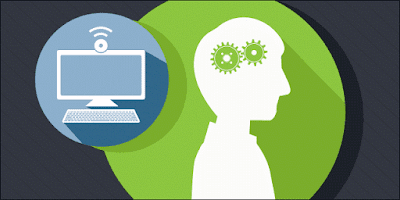In early 2000, the Union Government
initiated a unique project to establish the Digital Library of India (DLI). Its
vision was to create a digital collection of rare books sourced from libraries
in different parts of the country and make them accessible as a free online
resource for research, study and of course archiving and documenting.
As a first step towards creating
the DLI, a collection of one million books on a variety of subjects, including
literature, science, art, culture and music were to be digitized and listed in
a searchable catalogue. The project later passed into the hands of the ministry
of communications and information technology. The DLI houses several rare books
and publications on music in many Indian Languages, including Hindi, Urdu,
Marathi, Gujarati, and Bengali. Researchers and collectors can access these at their
convenience and even download and store for future reference.
The DLI also contains a scan of
Musicians I Have Met by S.K. Chaubey, published in 1958 by the publications
division of Uttar Pradesh information department, consisting of “pen portraits”
of some of the outstanding names of in the world of Hindustani classical music.
Along with several articles on music, it contains fascinating reports filed by
correspondents of leading publications.
Till recently, these and thousands
of other rare books could be accessed only if an intrepid researcher was willing
to crawl into dusty libraries, sometimes fenced in by all manner of often
unreasonable rules and red tape. Free access to DLI makes it easier and
welcoming for readers and researchers. The programme in two parts, consisted of
a first segment featuring presentations of instrumental music by members of
Samaj, followed by a second segment of vocal music rendered by schoolchildren.




